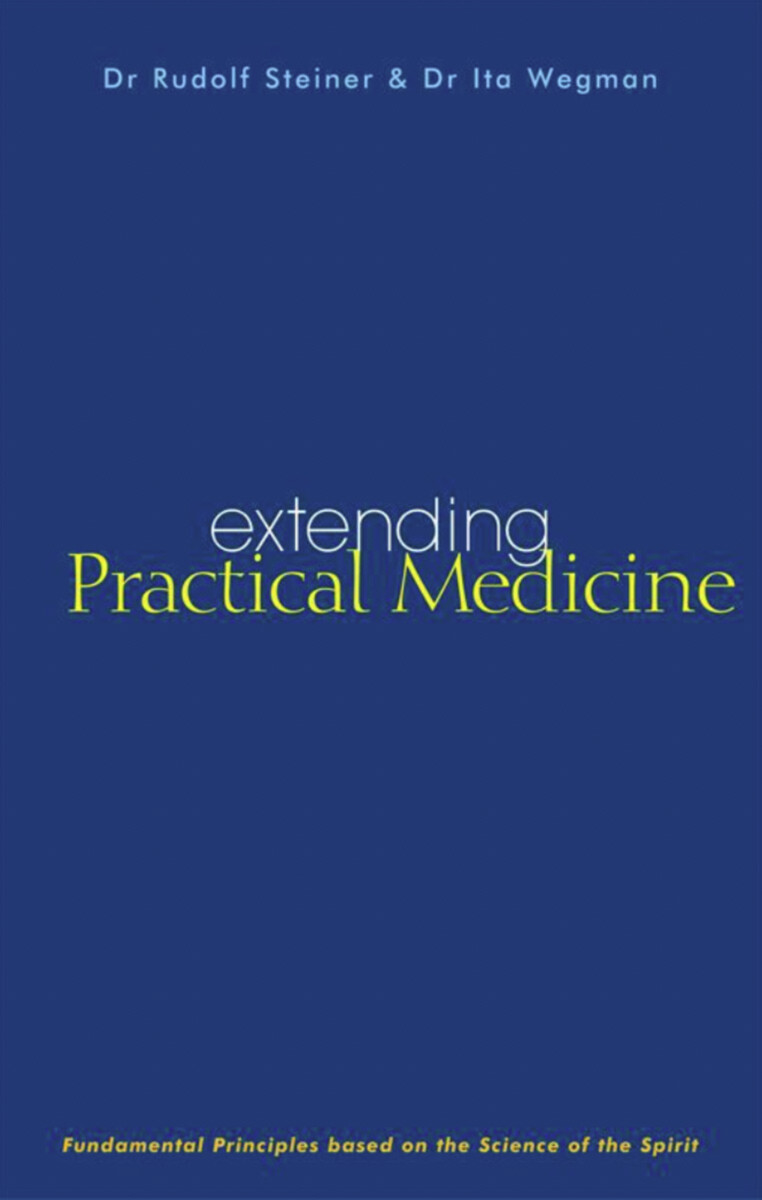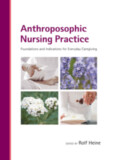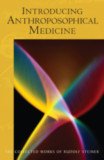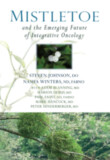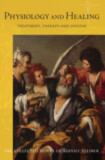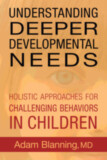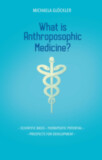Extending Practical Medicine
Fundamental Principles Based on the Science of the Spirit (CW 27)
- Publisher
Rudolf Steiner Press - Published
1st May 1997 - ISBN 9781855840805
- Language English
- Pages 144 pp.
Written in 1925 (CW 27)
In this classic introductory work on spiritual medicine, Rudolf Steiner worked in a unique literary collaboration with the physician Ita Wegman. Their aim was to revitalize the art of healing through spiritual knowledge—yet in so doing they did not underrate or dismiss modern allopathic medicine; rather, they illumined ordinary medicine beyond its materialistic outlook to a fuller realization of the human condition. As Ita Wegman wrote in her preface:
“The aim was not to underestimate scientific medicine in an amateurish way; it was given full recognition. But it was important to add to existing knowledge the insights that can come from true perception of the spirit, enabling us to understand the processes of illness and healing."
Today, this extension of conventional allopathic medicine is generally called “anthroposophic medicine.” It is used and valued by numerous physicians in clinics around the world.
This volume is a translation from the German of Grundlegendes für eine Erweiterung der Heilkunst nach geisteswissenschaflichen Erkenntnissen (GA 27).
C O N T E N T S:
Foreword by Dr. Michael Evans
1. Understanding the True Nature of Man as a Basis of Medical Practice
2. Why Do People Fall Ill?
3. The Phenomena of Life
4. On the Nature of the Sentient Organism
5. Plant, Animal, Man
6. Blood and Nerve
7. The Nature of Medicinal Actions
8. Activities in the Human Organism—Diabetes Mellitus
9. The Role of Protein in the Human Body and Proteinuria
10. The Role of Fat in the Human Organism and Deceptive Local Symptom Complexes
11. The Configuration of the Human Body and Gout
12. Development and Separating-off Processes of the Human Organism
13. On the Nature of Illness and Healing
14. The Therapeutic Way of Thinking
15. The Method of Treatment
16. Perceiving Medicinal Qualities
17. Perceiving the Nature of Substances as a Basis of Pharmacognosy
18. Eurythmy Therapy
19. Characteristic Illnesses
20. Typical Medicines
Rudolf Steiner
Rudolf Steiner (b. Rudolf Joseph Lorenz Steiner, 1861–1925) was born in the small village of Kraljevec, Austro-Hungarian Empire (now in Croatia), where he grew up. As a young man, he lived in Weimar and Berlin, where he became a well-published scientific, literary, and philosophical scholar, known especially for his work with Goethe’s scientific writings. Steiner termed his spiritual philosophy anthroposophy, meaning “wisdom of the human being.” As an exceptionally developed seer, he based his work on direct knowledge and perception of spiritual dimensions. He initiated a modern, universal “spiritual science” that is accessible to anyone willing to exercise clear and unbiased thinking. From his spiritual investigations, Steiner provided suggestions for the renewal of numerous activities, including education (general and for special needs), agriculture, medicine, economics, architecture, science, philosophy, Christianity, and the arts. There are currently thousands of schools, clinics, farms, and initiatives in other fields that involve practical work based on the principles Steiner developed. His many published works feature his research into the spiritual nature of human beings, the evolution of the world and humanity, and methods for personal development. He wrote some thirty books and delivered more than six thousand lectures throughout much of Europe. In 1924, Steiner founded the General Anthroposophical Society, which today has branches around the world.
Ita Wegman
Dr. Ita Wegman (1876–1943) was born in the Dutch East Indies. She trained in gymnastics and massage and later in medicine.. She became a close student of Rudolf Steiner, who encouraged her to acquire a medical degree. She later founded the Institute of Clinical Medicine in Arlesheim, Switzerland, where she developed a medical practice based on principles of spiritual science. She was made leader of the Medical Section of the Anthroposophical Society in 1923 and, during her last years, devoted herself to work in the clinic, where she died.


